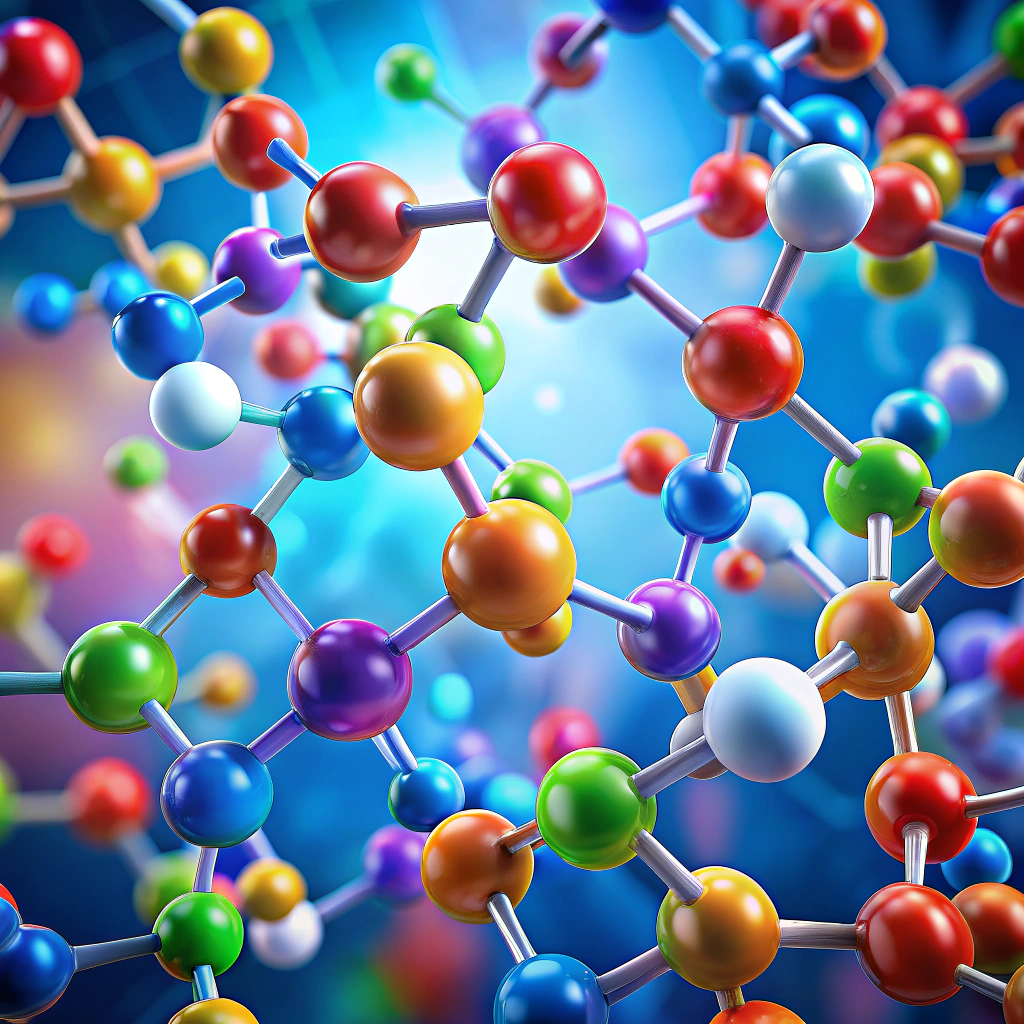Learn how polymer engineering and science revolutionize modern construction with innovative, durable, and versatile materials.
Key takeaways:
- Polymer engineering creates innovative, durable materials.
- Biodegradable polymers can help the environment.
- Smart materials can self-heal like superheroes.
- Diverse industries seek polymer engineering graduates.
- Internships and research offer hands-on experience.
What Will I Study in Polymer Engineering and Science?

Dive deep into how teeny-tiny molecules form mighty materials. Think of it like baking but with fancier ingredients. One day you might study how to make plastic bottles tough enough for space travel. The next, you’re figuring out how to create a stretchy material that rivals superhero suits.
Explore the chemistry behind how individual molecules, the building blocks known as monomers, link together to form polymers. Understand the physics of how these polymers behave under stress. Ever wondered how a rubber band snaps back? You’ll get to the bottom of that.
Get hands-on with polymerization processes. It’s like cooking, but your kitchen is a well-equipped lab, and instead of spaghetti, you’re whipping up high-performance materials. Study thermoplastic and thermosetting plastics. Why do some materials melt upon reheating while others stay rock solid? There’s science behind that.
In addition, expect to learn about sustainable materials. Imagine turning algae into biodegradable polymers. Yes, that’s a thing, and you could be the person to make it even better.
Lastly, take courses that combine engineering principles with polymer science. Think about how engineers plan and design bridges, but now imagine you’re making those with advanced composite materials.
Who Hires Polymer Engineering and Science Majors?
Think about all those everyday items you rely on – from your favorite sneakers to your trusty phone case. Companies in diverse sectors need polymer engineering majors like you to keep innovating and improving these products.
Large corporations in automotive, aerospace, packaging, and electronics industries are top employers. Picture this: working for Tesla to create lightweight, durable car parts or for Apple to develop the next generation of phone materials. Exciting, right?
Even in healthcare, there’s demand. Imagine developing biocompatible materials for artificial organs or hip replacements. That’s some superhero stuff.
Energy and environmental companies also seek out polymer buffs to craft better solar panels or create sustainable packaging solutions.
Consulting firms hire these engineers to help other companies solve complex material challenges. So, there’s no shortage of places to apply your skills. Sky’s the limit.
Student Opportunities
Internships are a popular way for students to gain real-world experience. Many companies look for fresh talent, and students can often land roles that provide hands-on opportunities with cutting-edge technologies. Imagine getting to play with polymers like a mad scientist, safely of course.
Research projects are another fantastic avenue. Labs on campus often need bright minds to help push the boundaries of polymer science. From developing eco-friendly plastics to creating stronger building materials, there’s never a dull moment. Who knew beakers and safety goggles could be so much fun?
Student organizations and clubs are also goldmines for networking and learning. Joining a polymers club might sound geeky, but they’re perfect for rubbing elbows with industry pros and fellow enthusiasts. Plus, they usually have the best snacks at meetings.
Lastly, don’t forget study abroad programs. Exploring how other countries are innovating with polymers can be both eye-opening and resume-boosting. And hey, who would say no to a semester in Japan or Germany?
Our Research
Our team is diving deep into the world of polymers. Imagine us, scientists in lab coats, not conjuring up potions but mixing the right materials to develop groundbreaking solutions. Here’s what we’re up to:
We’re creating stronger, lighter materials for construction. Think bridges that don’t crack under pressure and skyscrapers that laugh in the face of earthquakes.
We’re tinkering with biodegradable polymers. That’s right, plastic that doesn’t stick around like a bad houseguest. It’s compostable—making Mother Earth a little happier.
Our research also involves smart materials. Polymers that can heal themselves, much like your favorite superhero. Scratch them, and they just mend on their own.
Fire-resistant polymers are another hot topic (pun intended). We’re developing materials that can take the heat, reducing fire hazards in buildings.
We’re testing polymers that act as insulators, keeping homes warm in winter and cool in summer without breaking the bank.
Each project involves detailed experiments, computer simulations, and—let’s be honest—a heap of coffee. We’re committed to making the future of construction smarter, safer, and more sustainable.
Program Description
Here, you’re diving into the nitty-gritty of how polymers come to life and behave. First up, think chemistry. Lots of chemistry. Polymer engineering covers the creation of new materials by understanding how molecules stick together. Picture lego blocks, but way smaller and nerdier.
Then, you’ll zoom in on processing techniques. Ever wonder how plastic bottles get their shape? You’ll study the machines and methods that mold polymers into everyday objects. It’s like baking but with more science and fewer calories.
Next, the mechanical properties. How strong is this new super-plastic? You’ll test its limits by stretching, bending, and stressing it until you know exactly what it can (and can’t) handle.
Oh, and did we mention environmental impact? Not all plastics are evil. Learn about bio-degradable options and recycling methods that can save the planet one polymer at a time.
Finally, it’s crucial to understand real-world applications. From car parts to medical devices, polymers are everywhere. You’ll delve into case studies and see how the magic you create in the lab transforms into useful products. So basically, you get to be a mad scientist and a hero. Win-win!
Recap




